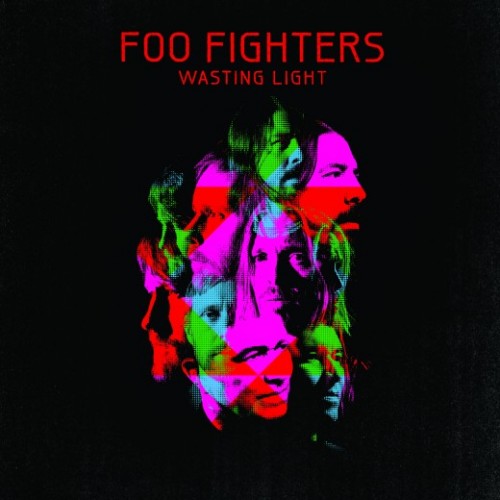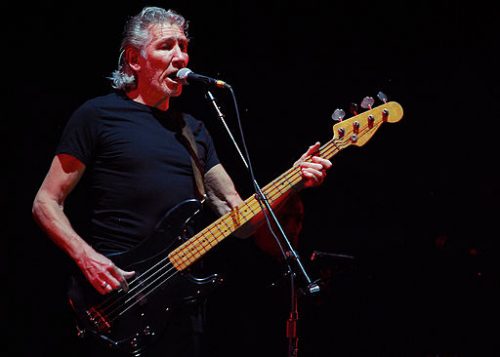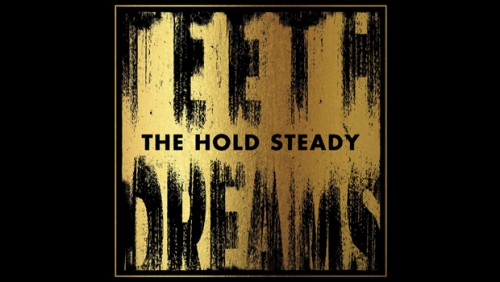By Ryan Leas
Leading up to the release of the Foo Fighters’ seventh album, “Wasting Light,” Dave Grohl often commented on how it was by far their heaviest disc to date. The claim is mainly accurate, though there are, as on any Foo Fighters album, still enough similarities to their past that it is not necessarily a drastic detour for the band.
Coming after the stylistic expansion of 2005’s “In Your Honor” and 2007’s “Echoes, Silence, Patience & Grace,” the new album does have the vibe of a back-to-basics approach. While the double album “In Your Honor” was split between rock songs and more meditative acoustic material and its follow-up “Echoes, Silence, Patience & Grace” tried to reconcile the two halves, “Wasting Light” features the band unapologetically favoring the hardest of their rock inclinations, entirely dismissing with the textural and stylistic detours of its immediate predecessors. Perhaps this development can partially be attributed to the fact that one-time Nirvana contributor and ex-Foos man Pat Smear has officially rejoined the band. The new three-guitar attack contributes to what is ultimately not only their most stylistically cohesive album in years, but also the one on which they sound the most vital.
Structurally and melodically, the obvious references in their back catalogue are 1995’s “Foo Fighters” and 1997’s “The Colour and the Shape.” Those two albums are often considered the band’s best moments, and rightfully so. It seems with every release, the Foo Fighters are expected to return to the style of “The Colour and the Shape,” and here fans may find the band coming as close as they ever will to such a return.
There’s nothing as instantly and deeply engaging as “Everlong” here, but it is, song for song, the best album Grohl’s given us since his 1997 masterpiece. Throughout, he continues to display his seemingly endless supply of infectious riffs and arena-ready choruses. The stellar “These Days” comes off like a great track lost from the ’90s, stuck somewhere between one of the Smashing Pumpkins’ lighter songs and something Grohl would have written for 1999’s “There is Nothing Left to Lose.” Similarly, “White Limo” features the kind of squalor Grohl hasn’t kicked up since 1995’s “Watershed,” or at least 1997’s “Enough Space.” Situated in the middle of the album, “Arlandia” is one of Grohl’s perfect marriages of a great melody with tons of distortion and muscle. Back to back with “These Days,” it forms the album’s core, and its best moment.
While “Wasting Light” might not sound as rough as one could have expected from it being recorded in Grohl’s garage, it does thankfully diverge from the over-produced glossiness that has rendered some of their albums antiseptic, 2002’s “One By One” being a prime example. Certain elements are allowed to remain a little rough around the edges, like the fervent yells with which Grohl opens and closes the album. He presents contrasting drives, wailing “These are my famous last words!” at the beginning of excellent opener “Bridges Burning” and then repeatedly proclaiming “I never want to die” in epic closer “Walk.” Both are strong statements, and they bookend an album that features the Foo Fighters sounding simply more alive — vocally, lyrically, and musically — than they have in quite some time.
Ironically, that new vivacity comes out of the band retracing its steps. Though Foo Fighters have never been a band that was wildly experimental, or a band people would necessarily want to be so, there is always a precarious facet to recalling the past, the danger of sounding like you’re simply repeating yourself. Luckily, the band has avoided this pitfall, and instead turned looking back into a method for revitalizing themselves, resulting in their strongest and most exciting record in more than a decade.
Rating: 72/81




Leave a Reply